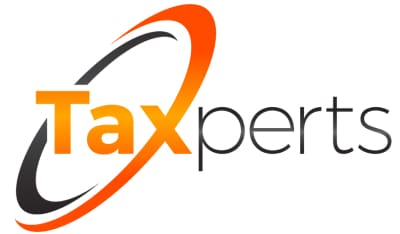As a freelancer, you enjoy the freedom and flexibility of being your boss. However, with that freedom comes the responsibility of managing your own taxes. The good news is that with strategic tax planning, you can optimize your financial situation and keep more of your hard-earned money. In this guide, we’ll walk you through essential tax planning strategies for freelancers.
Understanding Your Tax Obligations
As a freelancer or independent contractor, you’re considered self-employed in the eyes of the IRS. This means you’re responsible for paying both income tax and self-employment tax, which covers Social Security and Medicare contributions. Understanding your tax obligations is the first step towards effective tax planning.
Estimated Quarterly Taxes
One of the key challenges for freelancers is dealing with irregular income. To avoid a hefty tax bill at the end of the year, it’s essential to pay estimated quarterly taxes. These payments help distribute your tax liability throughout the year, reducing the financial burden when tax season arrives.
Maximizing Business Expenses
Freelancers often have deductible business expenses that can significantly reduce their taxable income. Common deductible expenses include:
- Home Office Deductions: If you use a portion of your home exclusively for work, you may be eligible for this deduction.
- Equipment and Supplies: Expenses related to your work equipment, such as laptops, software, and office supplies, can often be deducted.
- Health Insurance Deductions: Self-employed individuals may be able to deduct health insurance premiums.
Tax Planning for Freelancers
Effective tax planning involves not only managing your current tax obligations but also strategizing for the future. Consider the following tips:
- Keep Accurate Records: Maintain meticulous records of your income and expenses. This will make it easier to claim deductions and credits accurately.
- Utilize Tax Software: Invest in tax preparation software designed for self-employed individuals. It can simplify the tax filing process and help identify deductions you might have missed.
- Seek Professional Assistance: Consulting with a tax professional who specializes in self-employment taxes can provide valuable insights and ensure compliance with tax laws.
Navigating taxes as a freelancer doesn’t have to be daunting. With the right tax planning strategies, you can keep more of your earnings and minimize stress during tax season. By understanding your tax obligations, making timely estimated tax payments, and maximizing deductible expenses, you can take control of your financial future as a freelancer.
At Taxperts, we’re here to support you on your freelance journey with expert insights and advice. Stay tuned for more articles and resources to help you thrive in your self-employed career.

